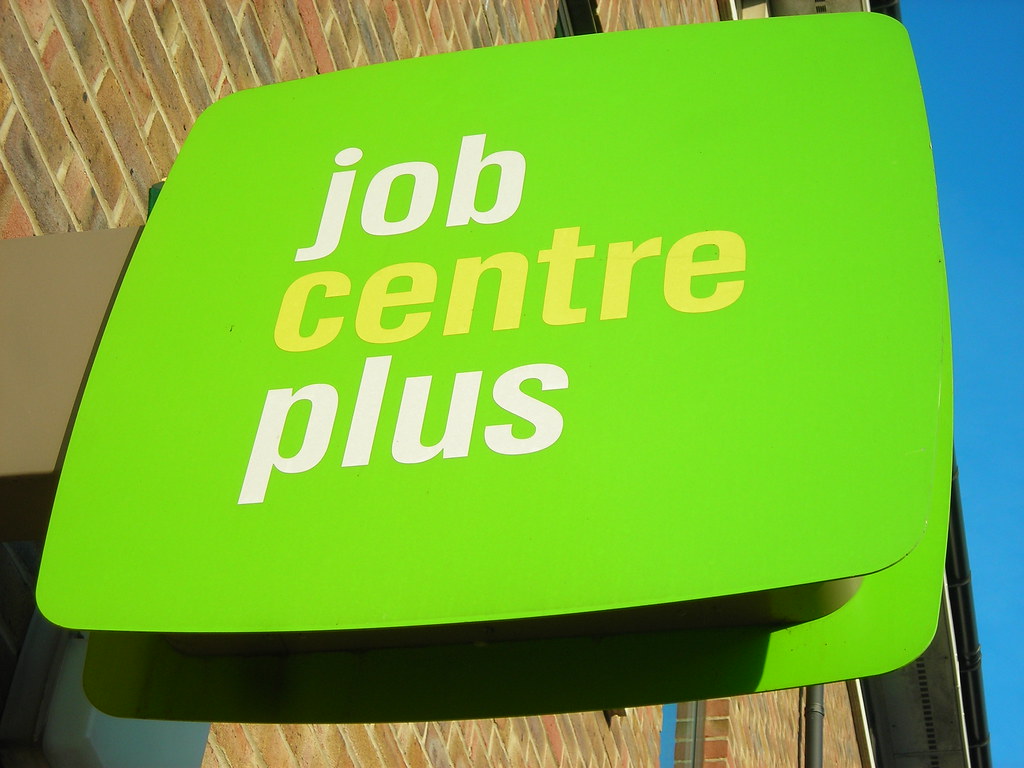The government is unlikely to meet its own targets of rolling out gigabit-speed broadband and 5G, according to a group of MPs.
A report published today (22 December) by the digital, culture, media and sports select committee found ‘little confidence’ that the government could provide superfast broadband to 85% of the UK by 2025.
The report adds there is ‘no genuine belief’ in the telecoms sector that it was achievable, either.
The report comes as the government launches a consultation on its draft procurement strategy for the UK Gigabit Programme, setting out plans to connect the first one million homes and businesses with gigabit speed broadband and maximise coverage in the hardest to reach 20% of the UK by 2025.
The government had previously pledged that every home in the UK would have access to gigabit-capable broadband by 2025.
But that target was revised in last month’s National Infrastructure Strategy to a ‘minimum of 85% gigabit capable coverage by 2025’.
The committee’s report says it would not be acceptable having abandoned one unrealistic target, for the government to fail to meet a second less ambitious target through lack of effective planning or inadequate investment.
It also finds the government’s target for majority 5G coverage by 2027 ‘equally ambitious’, given rulings banning the use of equipment by high-risk vendors. MPs warn that its roll-out risks repeating the legacy of mobile ‘not-spots’.
‘The government’s decision to abandon its 2025 gigabit-capable broadband target within weeks of ministers reassuring us of their commitment to it was a belated recognition that it was unrealistic and unachievable, underlining concerns we’d heard from industry,’ said committee chair, Julian Knight.
‘Valuable time has been lost, making meeting even the revised-down target a major challenge.
‘On 5G, the government’s target to deliver to the majority of the population, rather than the majority of the country, risks repeating the same errors that led to mobile ‘not-spots’ with investors cherry-picking areas of high population and leaving people in remote rural areas without a hope,’ added Mr Knight.
Speaking yesterday, the minister for digital infrastructure, Matt Warman, said: ‘Today we’ve set out our bold programme of national infrastructure projects to future-proof the UK’s internet networks so we can build back better from coronavirus and create new jobs and economic opportunities.
‘We will begin these procurements rapidly so broadband providers big and small can move quickly to get the job done and level up communities with this much faster, next generation broadband.’
Photo Credit – Jarmoluk (Pixabay)

















Leave a Reply